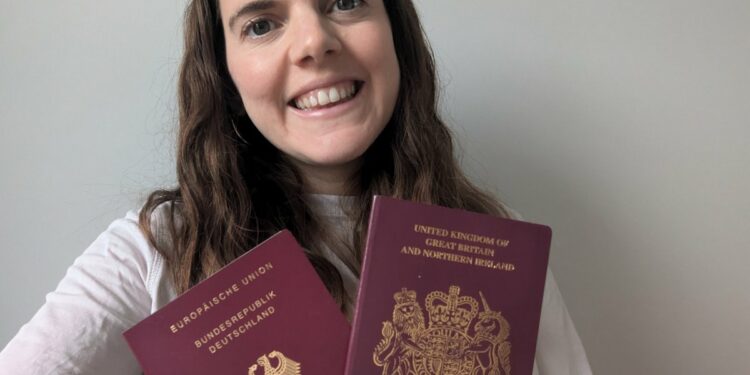In 2017, Lukowski, his two children and his dad officially became Polish citizens, although only he decided to get a Polish passport, which means he can travel as a Polish citizen.
Elizabeth Rennie says that, in theory, the application process is “pretty uniform in most EU countries” – you need to have passports, birth certificates, marriage certificates and death certificates that trace back to the relative with the nationality you are claiming.
But there are lots of issues that can come up. “The main things are a lack of documents, people changing their names and inconsistencies with dates of birth. Also, prior to digitalisation, many errors occurred – a child would have a handwritten entry into a passport,” she explains.
In terms of how far back you can go in your family tree to claim nationality, it varies by country – but in Cyprus and Italy, for example, they allow you to trace back to the last male ancestor who had that nationality. “It also depends on the evidence they have and, more specifically, the evidence they lack,” explains Rennie.
There are all kinds of rules and regulations depending on what nationality you’re applying for, too. “Different countries have different modes for receiving your application. For example, if you were to apply for Polish nationality, the outcome does not come back to your residential country. You have to give an address of a third party in Poland where you can collect it,” says Rennie. “And in Cyprus, you have to be born to married parents. If your parents were not married at the time of your birth, and they have passed away and cannot retrospectively legitimise you, then the door is closed.”
Interestingly, she says the issue of nationality not being passed on through the mother comes up a lot, not just in German applications. “You often have to go a line beyond and find the next male,” says Rennie.
Generally, if your parents already have the relevant nationality, the process is easier. “It’s never as straightforward as anyone thinks, unless your parent was that nationality at the time of your birth,” says Rennie. “If you need to go beyond your parents, it’s complicated, because not only are there a lack of records through wars and migration, but also changes to spellings of names. Governments are getting much tougher on the level of evidence they will accept. There is no such thing as one size fits all.”
Source link : https://inews.co.uk/inews-lifestyle/eu-passport-live-work-europe-how-3173471
Author :
Publish date : 2024-07-17 09:00:00
Copyright for syndicated content belongs to the linked Source.



